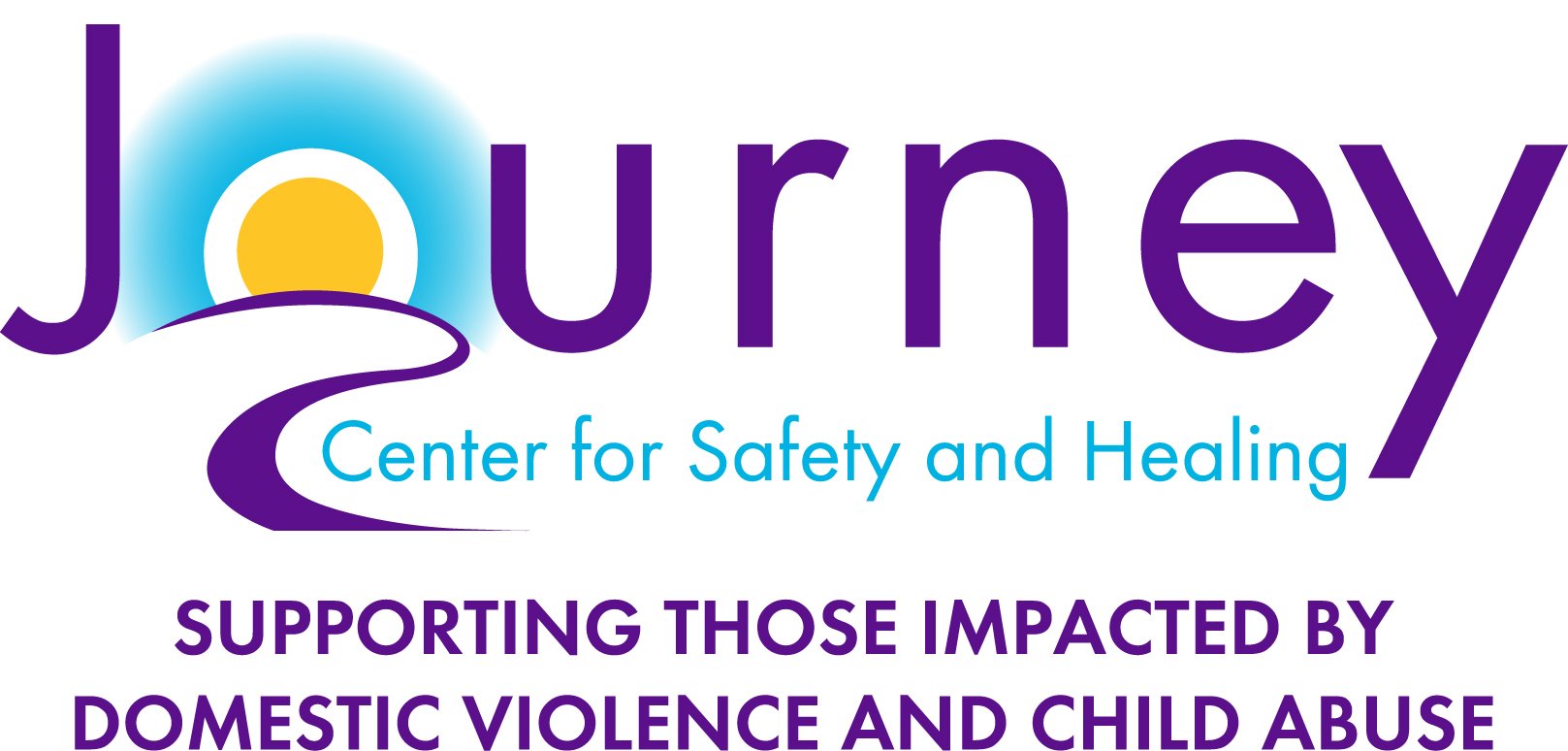Let’s Talk: Impact of Child Abuse
Experiencing abuse as a child can have serious, long-term effects on an individual. There are many factors that play into how abuse affects a child including the child’s age and developmental level when the abuse occurred. Children who are abused and neglected may suffer immediate physical injuries such as cuts, bruises, or broken bones. They may also have emotional and psychological problems, such as anxiety or posttraumatic stress.
Over the long term, children who are abused or neglected are also at increased risk for experiencing future violence victimization and perpetration, substance abuse, sexually transmitted infections, delayed development, and lower educational attainment. Child abuse can damage a child’s sense of self, their future relationships, and ability to function at home, work, and school including:
Lack of trust and relationship difficulties
Core feelings of being “worthless”
Trouble regulating emotions
Increased feelings of fear, self-blame, and guilt
Violent and aggressive behavior
The lack of attachment to people
Poor cognitive development and other learning disorders
Self-harm and suicidal thoughts
Low self-esteem
Chronic abuse may result in toxic stress, which can change brain development and increase the risk for problems like posttraumatic stress disorder and learning, attention, and memory difficulties. Child abuse can take many forms. It can be emotional, physical, sexual or neglect. Different types of violence are connected and often share root causes.
Child abuse and neglect are preventable. Certain factors may increase or decrease the risk of perpetrating or experiencing child abuse and neglect. Everyone benefits when children have safe, stable, nurturing relationships and environments. Any act, big or small, can make a real difference to a child and create a safer society for all children.
The first step to understanding child abuse and trauma and how to help children in these situations is educating yourself about it. If you do suspect a child is being harmed, we are always here for you when you need to talk. Call or text our 24-Hour Helpline: 216.391.4357 (HELP) or live chat.
